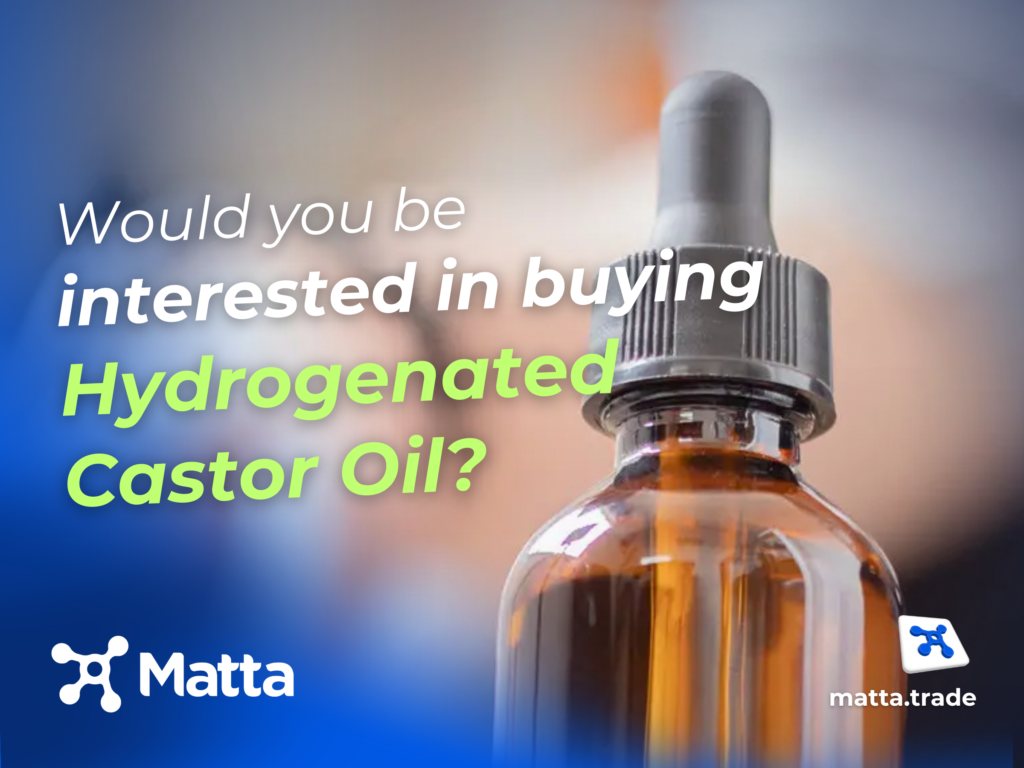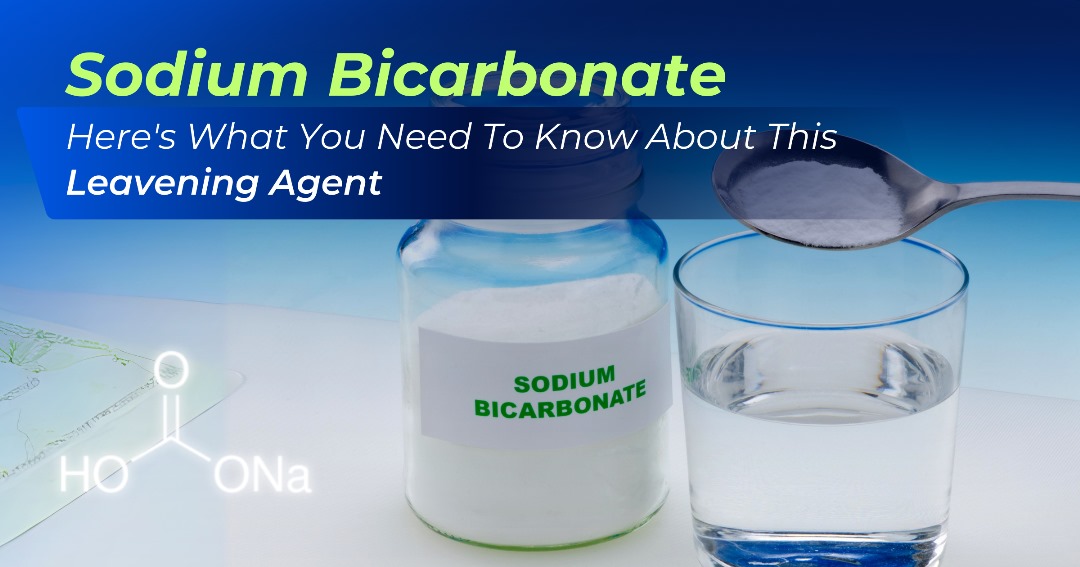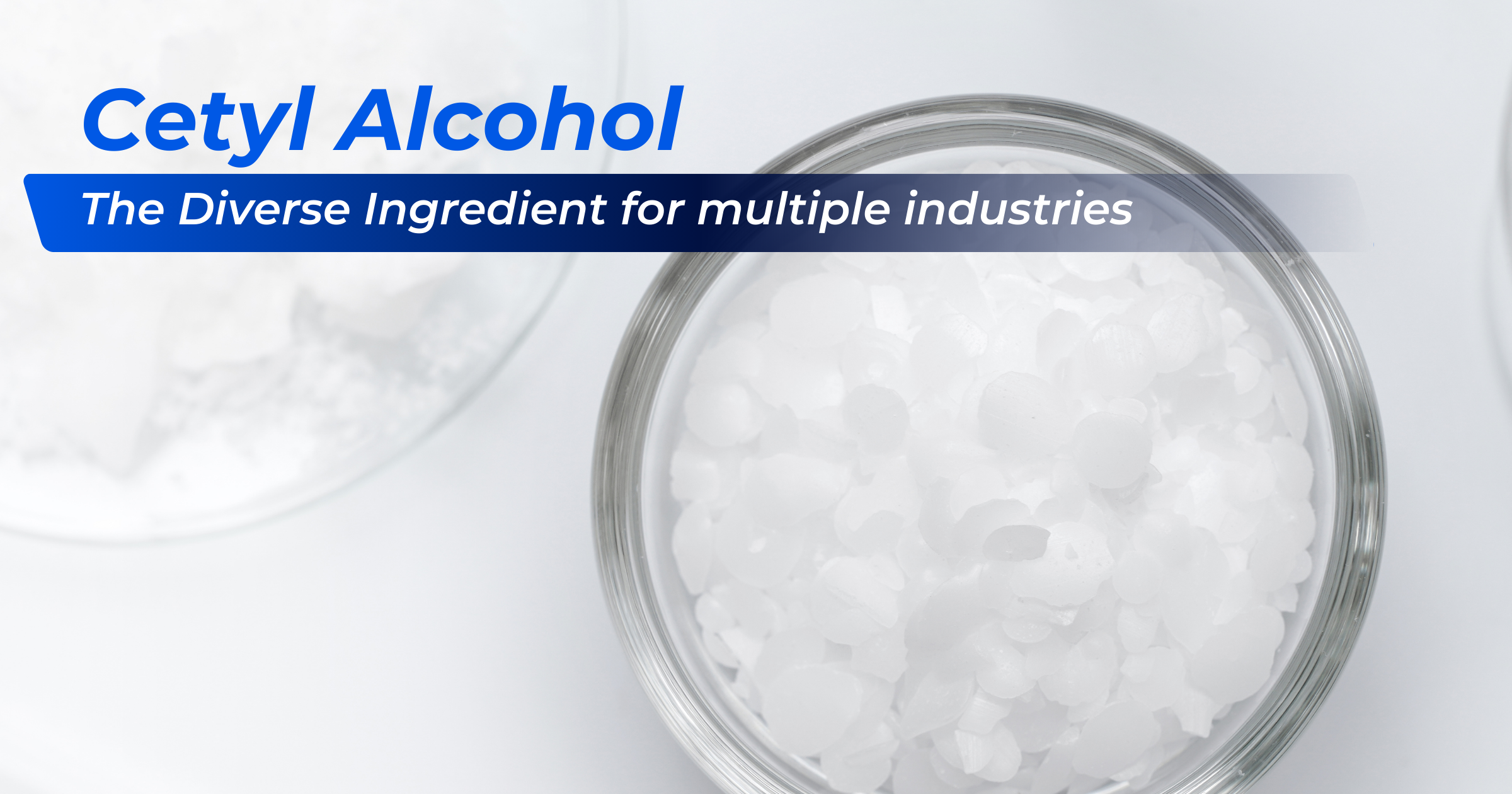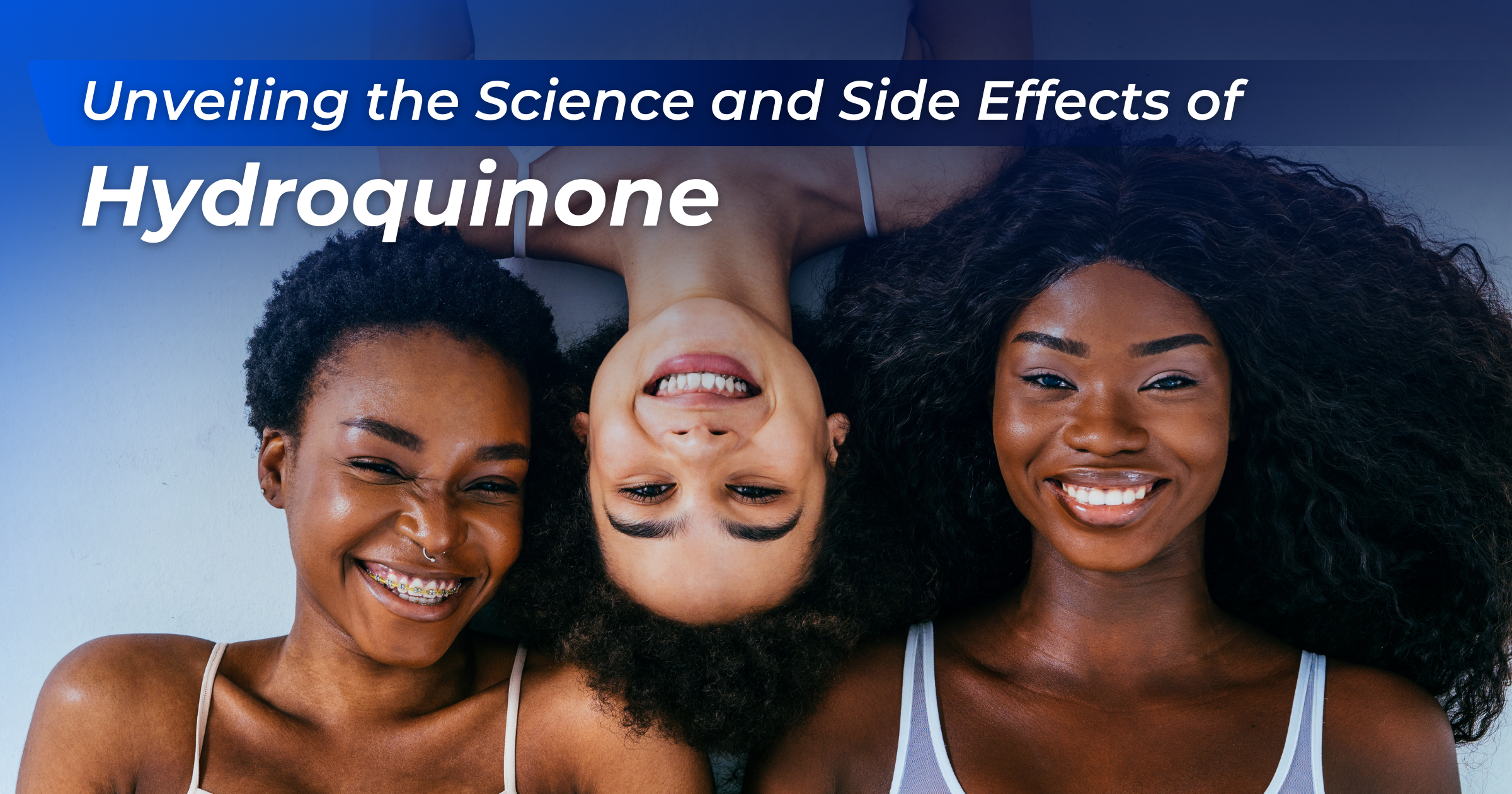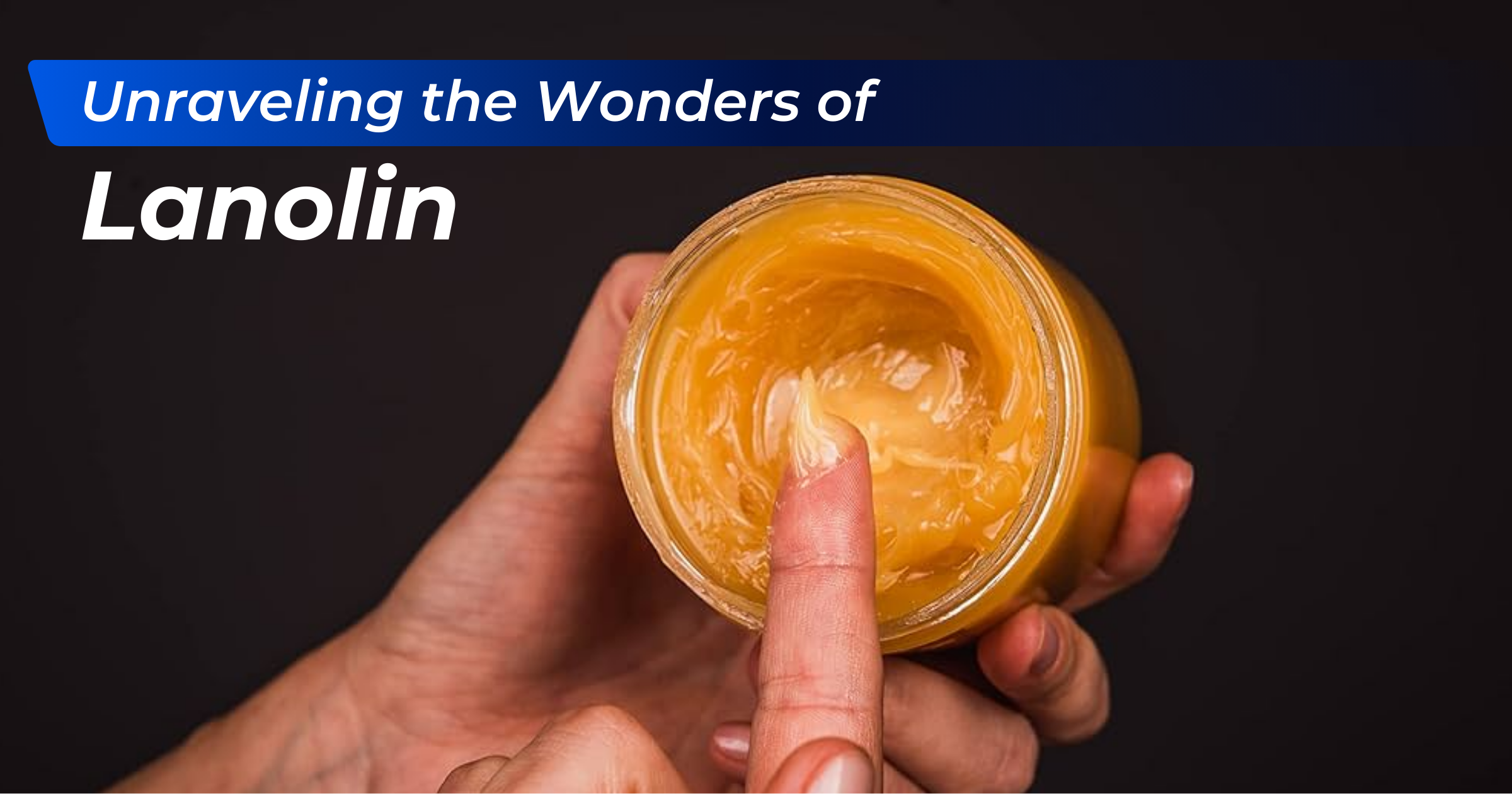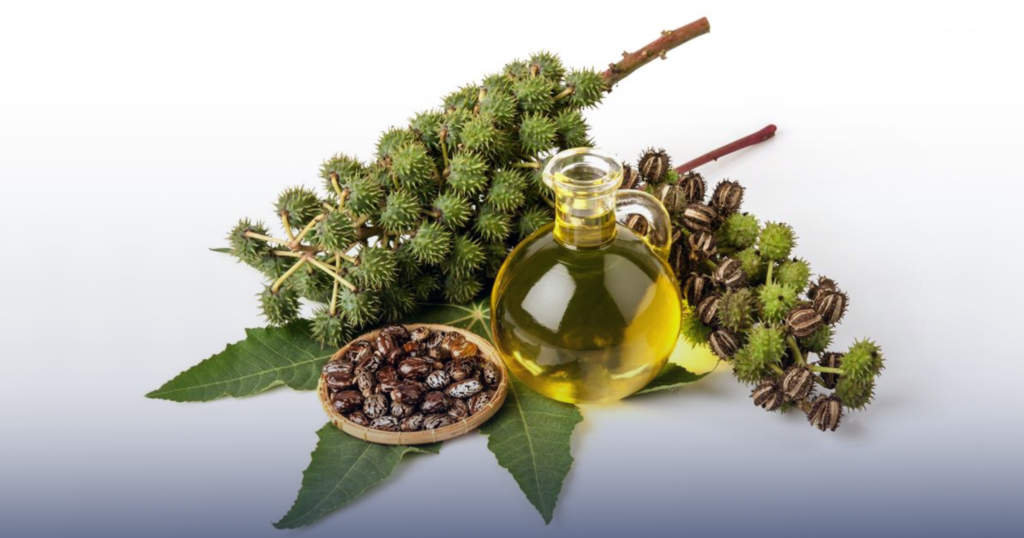
If you’re like us, you’ve spent much time scanning the ingredients list on your favourite skin care products, wondering what each term means and how it benefits your skin. One name that might have caught your eye is “PEG-40 Hydrogenated Castor Oil.” It’s a bit of a mouthful. But don’t let the complex name deter you; read this thorough breakdown of this ingredient that has become a skincare powerhouse.
Hey there, skincare lover! Welcome to your ultimate guide on a game-changing ingredient taking the Nigerian skincare industry by storm—Hydrogenated Castor Oil.
You might wonder, “Why should I care about Hydrogenated Castor Oil?”. Well, that’s exactly what we’re here to discuss. This guide is your one-stop shop for everything you need to know about this versatile ingredient. Furthermore, we’ll delve into its origins, transformation from traditional castor oil, and why it’s becoming a staple in modern Nigerian skincare routines.
Whether you’re a skincare newbie looking to understand the basics or a seasoned enthusiast aiming to up your skincare game, this guide has something for everyone. So, sit back and dive deep into the fascinating world of Castor Oil in Nigerian skincare.
Castor Oil vs Hydrogenated Castor Oil
Firstly, you might wonder, “What’s the difference between castor oil and hydrogenated oil?”
Great question!
The answer lies in a chemical process called hydrogenation.
Think of it as castor oil 2.0—the same foundational benefits but with added perks that make it even more suitable for skin care.
The Hydrogenation Process
“Hydrogenation” refers to adding hydrogen to castor oil under controlled conditions. This is usually done to improve the oil’s stability and to modify its melting point, making it more suitable for cosmetic applications.
Below are the steps involved in the process;
- Preparation: The raw castor oil is first purified to remove any impurities.
- Catalyst Introduction: A catalyst, usually nickel, is introduced to facilitate hydrogenation.
- Hydrogen Gas: Hydrogen gas is passed through the oil in a reactor vessel at specific temperatures and pressures.
- Monitoring: The reaction is closely monitored to ensure complete hydrogenation. This is crucial for achieving the desired consistency and properties of the oil.
- Final Purification: Once hydrogenation is complete, the oil undergoes a final purification process to remove the catalyst and any remaining impurities.
Hydrogenation produces a more stable oil with a higher melting point and less oxidation susceptibility than regular castor oil. These properties make hydrogenated castor oil highly valuable in skincare formulations, particularly in products designed for the Nigerian market, where the climate can be harsh and unforgiving on the skin.
Hydrogenated Castor Oil in Africa
The shift towards natural and organic ingredients has undoubtedly been noticeable in the African skincare market, with consumers increasingly aware of the benefits of natural ingredients like hydrogenated castor oil.
However, its full potential is yet to be realised, although brands are now taking the initiative to educate consumers about its benefits, especially for African skin types. Social media campaigns, workshops, and influencer partnerships are strategies to increase consumer awareness and adoption.
Local Production and Economic Benefits
Firstly, Nigeria can potentially be a significant player in the production of hydrogenated castle oil, as its vast arable land suitable for cultivating the castor plant could meet local demand and export, thus boosting the economy.
The Nigerian government is also recognizing the potential of this natural resource, with regulatory bodies setting quality standards. In summary, the Nigerian skincare scene is ripe for the widespread adoption of hydrogenated castor oil, with its multiple benefits, local production capabilities, and increasing consumer awareness, a thing of note.
Traditional Uses of Hydrogenated Castor Oil
Long before this castor oil became a modern skincare product, its predecessor, castor oil, was a staple in Nigerian folk medicine. It was commonly used for its anti-inflammatory and antibacterial properties. Traditional healers often use it to treat skin conditions like acne, rashes, and minor wounds.
In some Nigerian communities, castor oil has cultural and even spiritual significance. It’s sometimes used in rituals and ceremonies, further embedding its importance in society. This cultural heritage adds another value to hydrogenated castor oil, making it more than a skincare ingredient.
Transition from Traditional to Modern
While traditional uses primarily focused on the oil’s medicinal properties, the modern adaptation—hydrogenated castor oil—has expanded its applications. It’s now used for its healing properties and aesthetic enhancements like moisturizing and anti-ageing.
So hydrogenated castor oil is like the modern, sophisticated sibling of traditional castor oil. It’s taken the age-old wisdom passed down through generations and given it a scientific upgrade, making it a perfect fit for evolving skincare needs.
What’s fascinating is how this traditional ingredient seamlessly transitions into modern skincare without losing its roots. It bridges age-old wisdom and contemporary science, offering Nigerian consumers the best of both worlds.
Applications of Hydrogenated Castor Oil
Hydrogenated castor oil is a versatile ingredient with many applications, particularly in the skincare industry. Outside of skincare, hydrogenated castor oil finds utility in hair care, pharmaceuticals, and industrial applications, to name a few. Let’s go into more details below.
Skincare Products
- Hydrogenated castor oil also enhances various skincare products with its moisturizing and stabilizing properties.
- As an emollient, it locks in moisture for long-lasting hydration in moisturizers.
- Its high melting point ensures consistency in body lotions, even in Nigeria’s hot climate.
- In face masks, it nourishes and delivers antioxidants for intensive care.
- Also, it provides a stable base for lip balms and helps improve scars and stretch marks with consistent use.
- Rich in antioxidants, it reduces wrinkles in anti-aging creams.
- In sunscreens, it binds water, maintaining product consistency while hydrating the skin.
Hair Care
- Hydrogenated castor oil enhances hair care products with its moisturizing and soothing properties.
- It smooths hair cuticles and locks in moisture in conditioners and leave-in treatments. In hair masks and deep conditioning treatments, it nourishes dry or damaged hair.
- Its anti-inflammatory effects make it ideal for soothing irritated scalps in scalp treatments.
- While not a guaranteed hair growth solution, it supports healthy follicles in growth serums.
- Additionally, its antifungal properties help combat dandruff in anti-dandruff shampoos.
Pharmaceuticals
- Hydrogenated castor oil serves as a stable base in medicinal ointments and creams, effectively carrying active ingredients.
- It is also used in slow-release laxative formulations.
- Additionally, its stability and non-toxic nature make it ideal for coating pharmaceutical capsules, ensuring product integrity and safe consumption.
Industrial Uses
- Hydrogenated castor oil enhances industrial lubricants with high stability and temperature resistance.
- It also plays a key role in producing bio-based polymers and resins, offering an alternative to synthetic materials.
- In cosmetic manufacturing, the oil acts as a stabilizer and thickening agent, ensuring product consistency and performance across various formulations.
Specialty Products
- It offers soothing and healing properties.
- It’s found in paw balms for their natural moisturizing properties.
- Its moisturizing properties are beneficial in hand creams, providing long-lasting hydration.
Properties and Benefits of Hydrogenated Castor Oil in Skincare
This section aims to provide a detailed understanding of the properties and benefits of hydrogenated castor oil, primarily focusing on its applicability to the diverse skin types commonly found in Nigeria.
- Stability: Hydrogenated castor oil is more stable than regular castor oil, making it less susceptible to oxidation and spoilage.
- High Melting Point: The hydrogenation process raises the melting point, thus making it solid at room temperature, which is beneficial for product formulation.
- Furthermore, it is excellent at sealing in moisture, making it a powerful emollient.
- Also, it contains antioxidants that help fight free radicals, contributing to anti-aging benefits.
Benefits for Common Nigerian Skin Types
Hydrogenated castor oil offers diverse benefits for various skin types. For instance, it balances sebum for oily skin without clogging pores and retains moisture for dry skin. With its anti-inflammatory properties, it soothes sensitive skin and manages combination skin by moisturizing dry areas and controlling T-zone oiliness. While not a bleaching agent, it nourishes hyperpigmented skin, gradually improving dark spots. Its antioxidant content also fights signs of aging, reducing wrinkles and fine lines with consistent use.
Buy Hydrogenated Castor Oil Online with Matta
Procuring industrial ingredients is rapidly evolving as more manufacturers embrace digital solutions.
Matta’s marketplace simplifies access to high-quality hydrogenated castor oil with several key advantages:
- Request FREE samples before purchase to test compatibility with your formulations
- Technical support from chemical specialists who understand your manufacturing needs
- Flexible quantities with no minimum orders, perfect for businesses of all sizes
- Reliable delivery and quality assurance for consistent production
- Direct access to trusted manufacturers like Nycil and other industry leaders
Our platform eliminates traditional procurement challenges, including limited supplier access, inconsistent pricing, and logistical complications. For skincare formulators, industrial manufacturers, and pharmaceutical companies, Matta provides a streamlined way to source this versatile ingredient while maintaining product quality.
As manufacturing advances globally, adopting efficient digital procurement solutions gives businesses a competitive edge. Matta’s user-friendly interface lets you research, compare, and purchase hydrogenated castor oil confidently, with expert support at every step of your production journey.
Frequently Asked Questions
Is Hydrogenated Castor Oil the Same as Regular Castor Oil?
- The hydrogenated castor oil process makes it more stable than regular castor oil. It also has a higher melting point than regular castor oil.
Can Hydrogenated Castor Oil Be Used for Cooking?
- We won’t recommend it for cooking due to its hydrogenation process, which alters its chemical structure.
Is Hydrogenated Castor Oil Safe for Pregnant Women?
- While generally considered safe for topical use, it’s always best to consult a healthcare provider for personalized advice during pregnancy.
How Does Hydrogenated Castor Oil Affect Oily Skin?
- It can help balance sebum production without clogging pores, making it suitable for oily skin types.
Can It Be Used as a Carrier Oil in Aromatherapy?
- Yes, its stability and mild aroma make it a suitable carrier oil for essential oils in aromatherapy.
Is Hydrogenated Castor Oil Biodegradable?
- Yes, it is biodegradable and considered environmentally friendly.
Does Hydrogenated Castor Oil Expire?
- Like all oils, it has a shelf life, usually around 1-2 years if stored properly.
Can It Lighten Hyperpigmentation?
- While not a bleaching agent, consistent use may improve the appearance of dark spots over time.
Is It Safe for Pet Care?
- Generally, yes, but always consult a veterinarian for specific pet care advice.
How Does Castor Oil React with Other Skincare Ingredients?
- It’s generally compatible with most skincare ingredients. However, when mixing it with other potent ingredients, you must perform a patch test.
Can It Be Used in DIY Soap Making?
- Yes, its high melting point and stability make it suitable for homemade soap formulations.
Is Hydrogenated Castor Oil Comedogenic?
- It has a low comedogenic rating, meaning it’s unlikely to clog pores, but individual reactions may vary.
